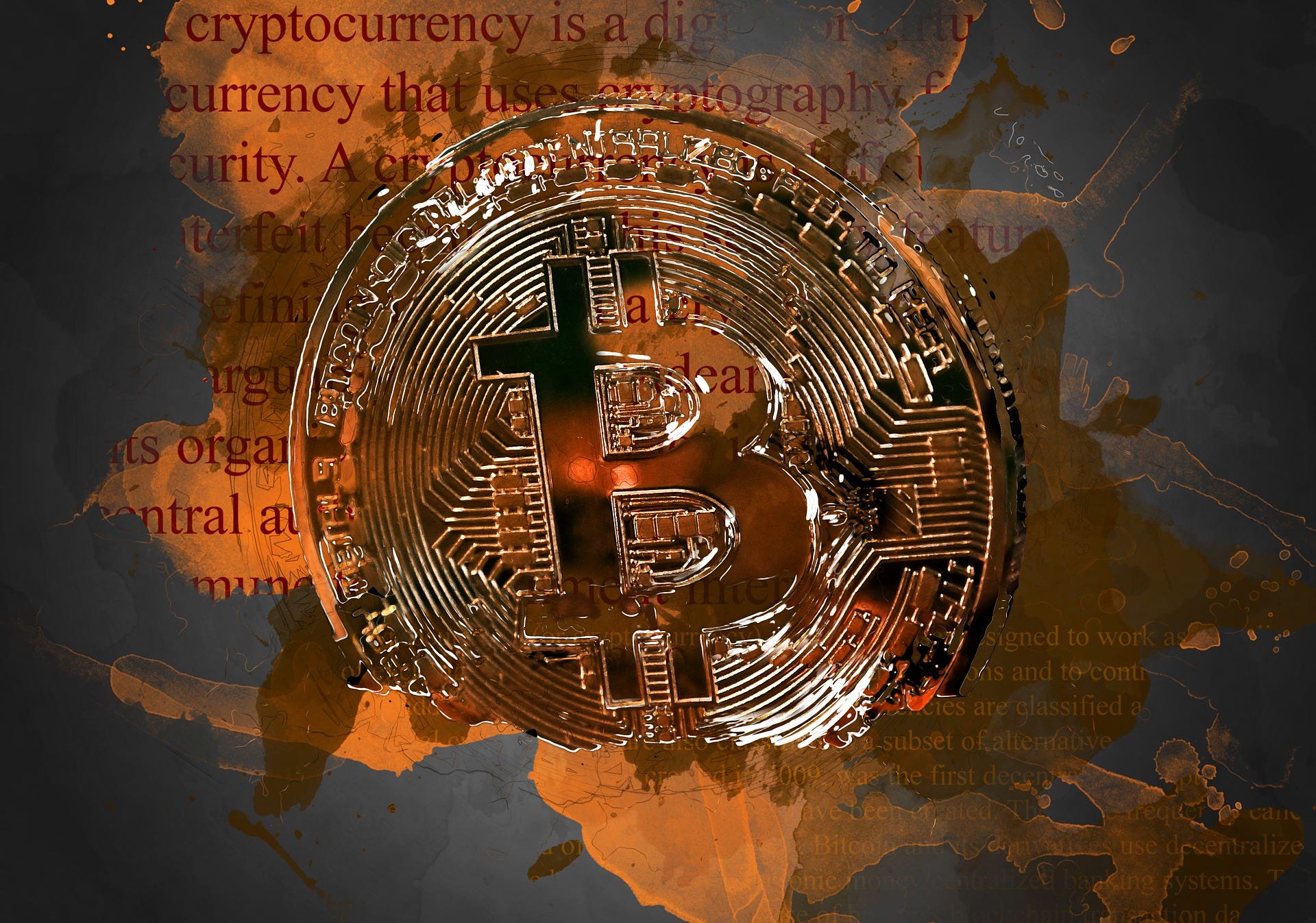PALO ALTO, Calif. (Reuters) - The Federal Reserve is taking a look at a broad variety of problems around digital payments and currencies, consisting of policy, style and legal considerations around possibly issuing its own digital currency, Guv Lael Brainard stated on Wednesday. Brainard's remarks recommend more openness to the possibility of a Fed-issued digital coin than in the past." By transforming payments, digitalization has the possible to provide higher worth and benefit at lower expense," Brainard stated at a conference on payments at the Stanford Graduate School of Service.
Central banks globally are discussing how to manage digital finance innovation and the dispersed ledger systems utilized by bitcoin, which assures near-instantaneous payment at potentially low cost. The Fed is establishing its own what is a fedcoin round-the-clock real-time payments and settlement service and is presently evaluating 200 comment letters submitted late in 2015 about the proposed service's style and scope, Brainard said.
Less than 2 years ago Brainard told a conference in San Francisco that there is "no compelling showed need" for such a coin. However that was prior to the scope of Facebook's digital currency aspirations were widely understood. Fed officials, including Brainard, have raised concerns about customer securities and data and privacy threats that might be posed by a currency that might come into use by the 3rd of the world's population that have Facebook accounts.
" fedcoin stock We are teaming up with other central banks as we advance our understanding of reserve bank digital currencies," she said. With more countries looking into issuing their own digital currencies, Brainard said, that contributes to "a set of reasons to also be making sure that we are that frontier of both research study and policy advancement." In the United States, Brainard stated, concerns that require research study consist of whether a digital currency would make the payments system safer or easier, and whether it might present monetary stability risks, including the possibility of bank runs if cash can be turned "with a single swipe" into the reserve bank's digital currency.

To counter the financial damage from America's unprecedented nationwide lockdown, the Federal Reserve has actually taken unprecedented steps, consisting of flooding the economy with dollars and investing straight in the economy. Most of these moves got grudging approval even from numerous Fed skeptics, as they saw this stimulus as needed and something just the Fed could fedcoin news do.
My new Discover more here CEI report, "Government-Run Payment Systems Are Unsafe at Any Speed: The Case Against Fedcoin and FedNow," details the dangers of the Fed's existing prepare for its FedNow real-time payment system, and propositions for central bank-issued cryptocurrency that have been dubbed Fedcoin or the "digital dollar." In my Find more information report, I discuss concerns about personal privacy, information security, currency control, and crowding out private-sector competition and innovation.
Advocates of FedNow and Fedcoin state the government needs to create a system for payments to deposit quickly, instead of motivate such systems in the private sector by lifting regulative barriers. But as noted in the paper, the economic sector is offering a relatively limitless supply of payment innovations and digital currencies to fix the problemto the level it is a problemof the time gap in between when a payment is sent out and when it is received in a checking account.
And the examples of private-sector development in this location are many. The Cleaning House, a bank-held cooperative that has been routing interbank payments in numerous forms for more than 150 years, has been clearing real-time payments given that 2017. By the end of 2018 it was covering 50 percent of the deposit base in the U.S.